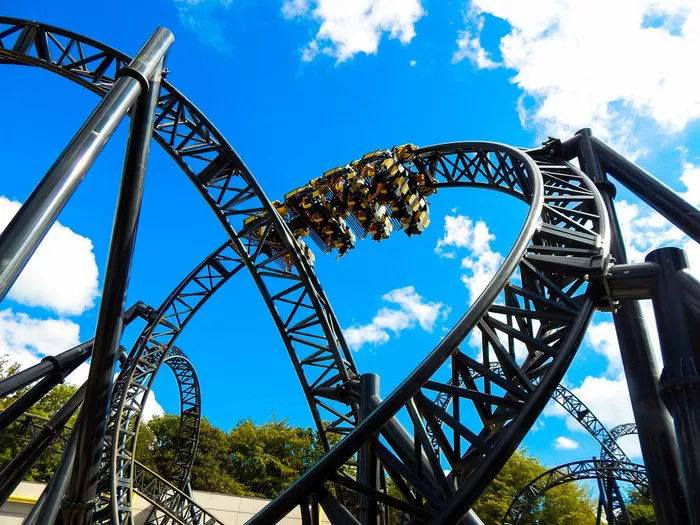Comcast is ushering in a transformative moment for the media and entertainment industry with the grand opening of Epic Universe, its highly anticipated theme park in Orlando, Florida. Launching Thursday, Epic Universe is the first major new U.S. theme park in over two decades and is poised to reshape the competitive landscape of destination entertainment.
Developed by NBCUniversal, the park represents a $7.7 billion investment and more than six years of construction. Billed as the “most technologically advanced theme park” ever built, Epic Universe features cutting-edge attractions, including trackless ride systems, augmented reality integration, and high-resolution projection technology.
“This park showcases the incredible creativity, innovation, and operational excellence of our talented teams,” said Mark Woodbury, chairman of Universal Destinations & Experiences.
The launch of Epic Universe underscores a broader trend among media giants as they increasingly pivot toward live, immersive experiences — what analysts refer to as the “experience economy.” Industry expert Rich Greenfield of Lightshed Partners noted that audiences today seek deeper engagement with the characters and franchises they love, beyond screens.
Disney, which has long dominated the theme park sector, recently unveiled plans for a new park and resort in Abu Dhabi and announced an expansion of its global cruise ship fleet. Meanwhile, Universal is extending its footprint with a park planned in the United Kingdom, set to open in 2031, alongside smaller ventures including a horror-themed experience in Las Vegas and a children’s resort in Frisco, Texas.
These developments have shifted industry dynamics from the so-called “streaming wars” to what some are calling the emerging “theme park wars.” Universal’s two existing Orlando parks have traditionally played second fiddle to Disney’s four-park stronghold in Florida. However, with the opening of Epic Universe, that perception may begin to shift.
Woodbury predicted the new park would transform Universal Orlando Resort into a full-week destination for global visitors, offering experiences that rival Disney’s longstanding appeal. Even Disney appears to be watching closely; the company recently announced significant Florida park expansions in anticipation of heightened competition.
Historically, new entrants to the Florida theme park scene have had a positive effect on Disney’s own attendance, according to CFO Hugh Johnston. However, analysts suggest Epic Universe could reposition Universal as a primary attraction rather than a supplementary experience.
During a spring preview of the park, Greenfield was struck by Universal’s potential for further expansion. He described this week’s launch as “step one to making Universal more of the destination versus the add-on.”
NBCUniversal has mobilized significant resources to spotlight the launch. NBC’s “Today” show broadcast all four of its Wednesday hours live from the park, and Comcast’s top executives were present for the evening’s opening ceremony.
Epic Universe draws on NBCUniversal’s intellectual property, such as “How to Train Your Dragon,” and includes attractions from partner brands like Warner Bros. Discovery’s Wizarding World of Harry Potter and Nintendo’s Super Nintendo World.
Theme parks have become increasingly vital to media conglomerates’ bottom lines amid shifting digital consumption patterns. Comcast president Mike Cavanagh recently emphasized the strategic value of theme parks, noting that unlike other media segments, they are not affected by the migration of screen time across platforms.
As digital media faces saturation and volatility, parks like Epic Universe offer something distinctly different: real-world immersion where stories leap off screens and into the physical world — a powerful draw in today’s experience-driven economy.


